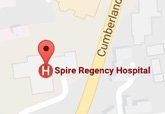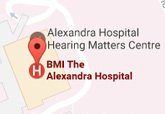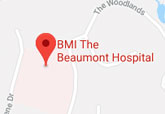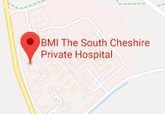Lumbar Discectomy
Inter-vertebral discs are fibro cartilagenous cushions between adjacent vertebrae in the spine. The normal inter-vertebral disc is composed of a semi-liquid substance (nucleus pulposus) at the centre surrounded by a fibrous ring (annulus fibrosis). A herniated disc, also known as a bulging disc, is a condition in which the inner gelatinous substance of the disc is forced out through a tear in the outer, fibrous ring (annulus fibrosus). This may compress the spinal cord or the nerves around the spinal cord. Lumbar discectomy is a surgical procedure performed to remove a herniated or ruptured disc from the lumbar (lower) region and relieve pressure on the nerve, alleviating pain.
How is the procedure performed?
This procedure is performed under sterile conditions in an operating room with the patient under general or spinal anaesthesia. You will lie face down. Your surgeon will make a small incision over the affected disc in the lumbar region. A small portion of bone may be removed along with the adjoining ligament to expose the herniated disc. Your surgeon visualizes the discs and the nerves through a surgical microscope. This enlarges the view of the surgical site, minimizing damage to the surrounding tissues. The spinal nerve root is then gently lifted with a special hook, to gain access to the injured disc, and the ruptured or herniated disc is removed. Any loose disc fragments are also removed. After the completion of the procedure, the surgical wound is irrigated with antibiotic solution and closed.
Following surgery, you are advised to limit activities for four weeks that involve bending and lifting, and sitting for long periods. Your recovery will involve physical therapy, where you will be taught certain exercises to improve flexibility and strength of the muscles around your spine. Depending on the level of activity, you will be able to resume work in two to six weeks.
What are the associated complications?
As with all surgical procedures, lumbar discectomy may be associated with certain complications which include infection, nerve injury, spinal cord injury, ongoing pain and problems with anaesthesia.




